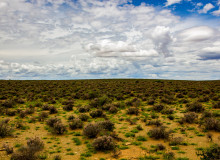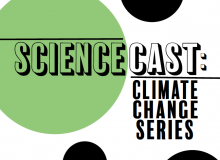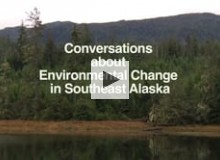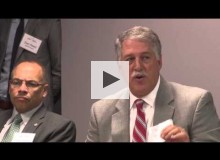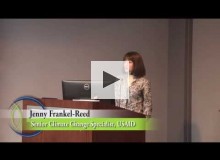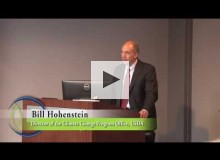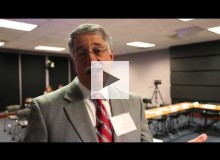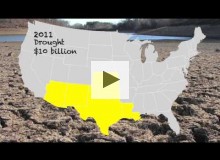weather
George Washington University
Have we finally cracked the code on controlling the weather? A recent paper suggests that by using drones to charge up the water droplets in clouds, we can cause them to fall as rain.
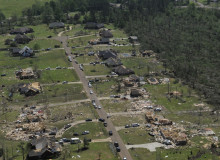
Tornado damage in Louisville, Miss., in April 2014. (Maj. Andy Thaggard/National Guard)
University of Mississippi
Vague tornado watches and warnings could soon become a thing of the past, thanks to research at the National Center for Physical Acoustics.
University of Wisconsin - Madison
In this episode, Dr. Jonathan Martin, professor of Atmospheric and Oceanic Sciences at the University of Wisconsin-Madison, discusses the difference between global warming and climate change.
University of Alaska Southeast
Community residents reported erratic changes in weather patterns, including increased rain, cooler summers, less snow accumulation, and less predictable ocean conditions — as well as changes in wildlife.
Planet Forward
Experts on weather, agriculture and climate science sat down to discuss some of the key issues facing a changing globe that seeks to feed close to 9 billion people within the next 35 years.
Digital Media Producer, Planet Forward
Jenny Frankel-Reed is working in the most vulnerable places in the world to help USAID make a chain of partnerships that prepare people for extreme volatility in the weather.
Digital Media Producer, Planet Forward
Bill Hohenstein explains how climate smart agriculture can be used to address the science, government, and communication challenges inherent to climate change.
American University
We talked to some of the experts on climate change, weather and agriculture about what they're doing, what needs to be done, and how we can feed our planet as the weather becomes more unpredictable.
Planet Forward
Concerns about climate change are real - just as real as the weather, which is changing agriculture right now.
Planet Forward, George Washington University School of Media and Public Affairs
When disaster strikes, people look for explanations - why did this happen? How can we prevent it from happening again? Hurricane Sandy is no exception.

